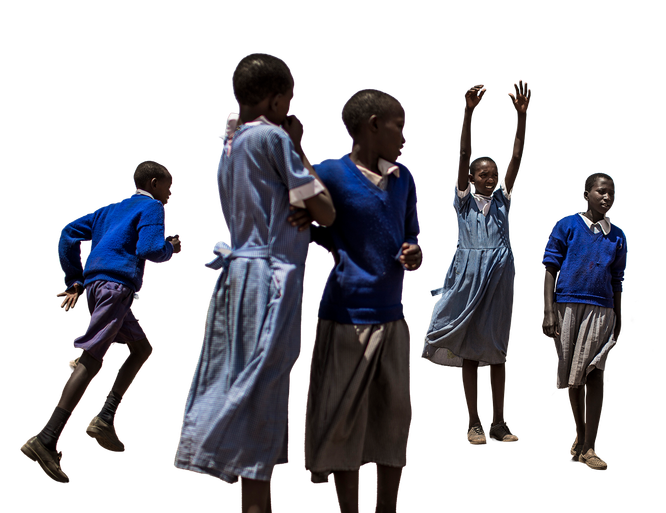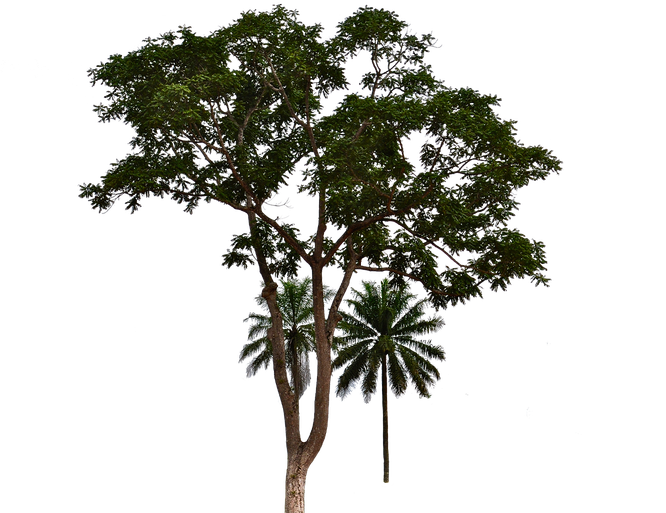
In Chyulu Hills, vast grasslands rise into a misty thicket of trees. This cloud forest is a lifeline, feeding water to rivers that sustain lions, elephants, and seven million people in the lowlands — but who will pay to protect it?
For centuries, the Maasai migrated with the seasons, moving their cattle across the lush foothills of Southern Kenya. In recent decades, however, the seasonal rains began arriving later and later, eventually disappearing for years at a time. Brutal drought claimed the lives of countless livestock, and thousands of families struggled to make ends meet. As a result, remaining pastures were grazed until they turned to dust, and large sections of the cloud forest were set ablaze and harvested for charcoal.
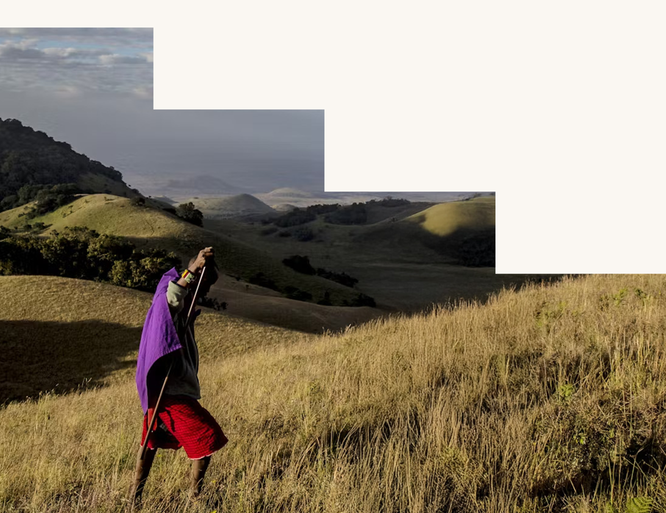
What if local people could get paid for maintaining those trees, rather than cutting them down?
In 2017, we helped connect Chyulu Hills to the global carbon market. When a community conserves their carbon-rich ecosystems, and carefully monitors results, they can sell "carbon credits," which help buyers offset a portion of their own emissions. A council of local representatives reinvests the money in conservation, as well as education, health care, and new job opportunities that are more lucrative than deforestation and poaching.
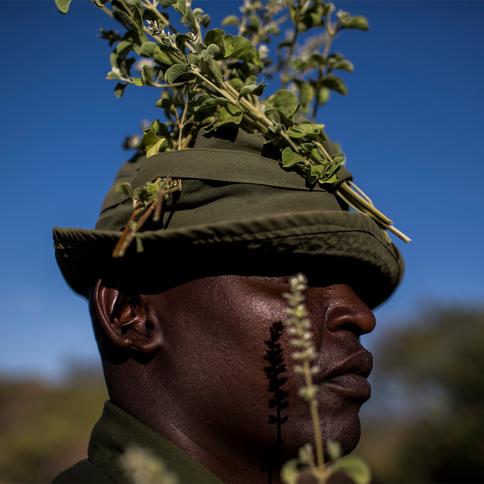
When I was a boy, I turned to poaching to support my family. Now, because of the REDD+ project, I am proud to join the rangers and use my knowledge as an ex-poacher to protect the landscape and its wildlife. I can provide for my family — and keep our homeland safe.
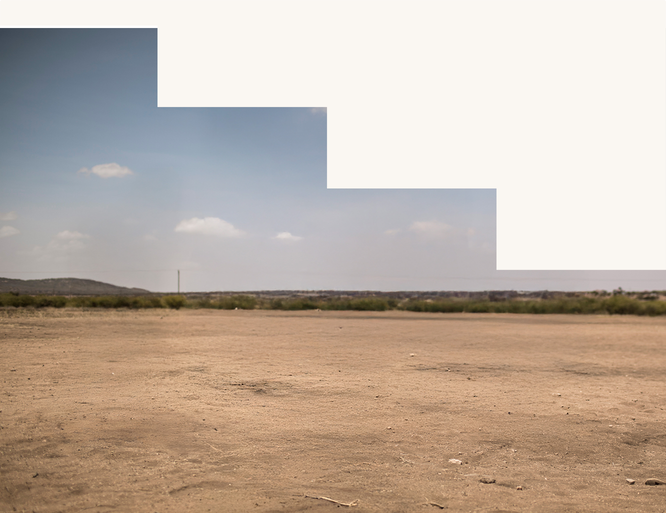
Over five years, carbon credits generated $18 million.
The conservation program now directly employs nearly 500 people, many as rangers, land managers, and firefighters. The local beekeeping industry, also funded by carbon revenue, helps hundreds of local women earn a steady income — even during the dry season. For years, schools have been overcrowded and understaffed, sometimes packing seventy kids into a single classroom. Credit sales are funding new buildings and infrastructure, as well as 4,000 scholarships and meals for 35,000 students. Graduation rates are on the rise, while chronic absenteeism continues to plummet.
Today, the people of Chyulu Hills help protect more than a million acres of priceless land.
Today, the people of Chyulu Hills help protect more than a million acres of priceless land.
The hills, once on life-support, are on the mend. The low-hanging clouds appear thicker, and mountain springs are roaring back to life. Over a thirty year period, the community's efforts will prevent at least 30 million tons of carbon emissions, and the carbon market will continue providing the money required to sustain the work in the long haul — without interruption.
This is the future of conservation: local leadership, backed by global capital; traditional knowledge, supported by next-generation science; new nature-friendly industries, creating opportunity for all.

It's time to heal our planet and protect our future.
A Closer Look
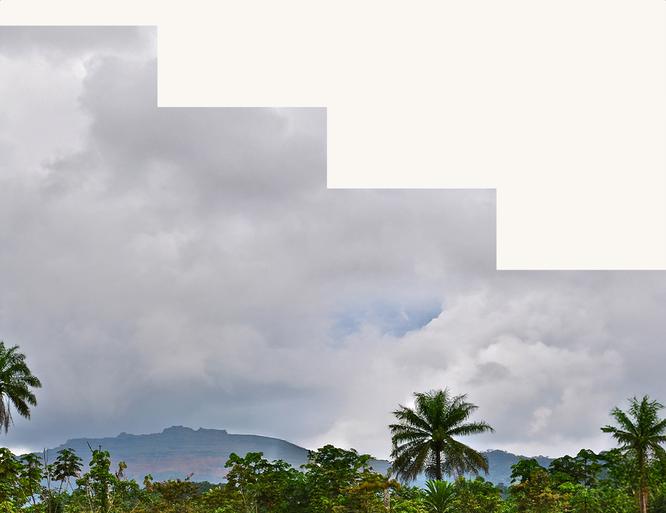
Stabilizing Our Climate
Conservation International uses nature to remove planet-warming carbon from the atmosphere — and help communities adapt to climate change. Learn more about our plan for this decisive decade.
Be the First to Know
Join Our Community
We'd love to share more stories from the field, our latest scientific breakthroughs and other special messages from our team. By subscribing, you agree to our terms of service.
More Stories

A wave of progress
Morotai Island is surrounded by one-of-a-kind marine habitats — but its reefs, resources and way of life are in jeopardy. Can local surfers help turn the tide?
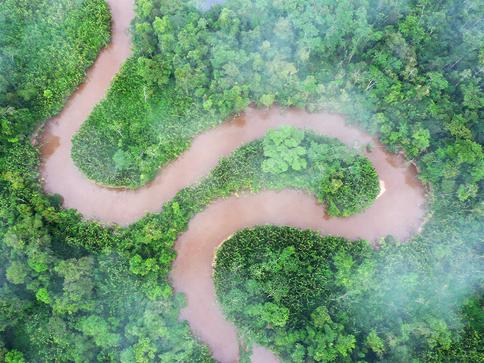
A world hidden in plain sight
A scientific expedition uncovers thousands of reasons to protect the forests of Alto Mayo — and offers a roadmap for the future.

